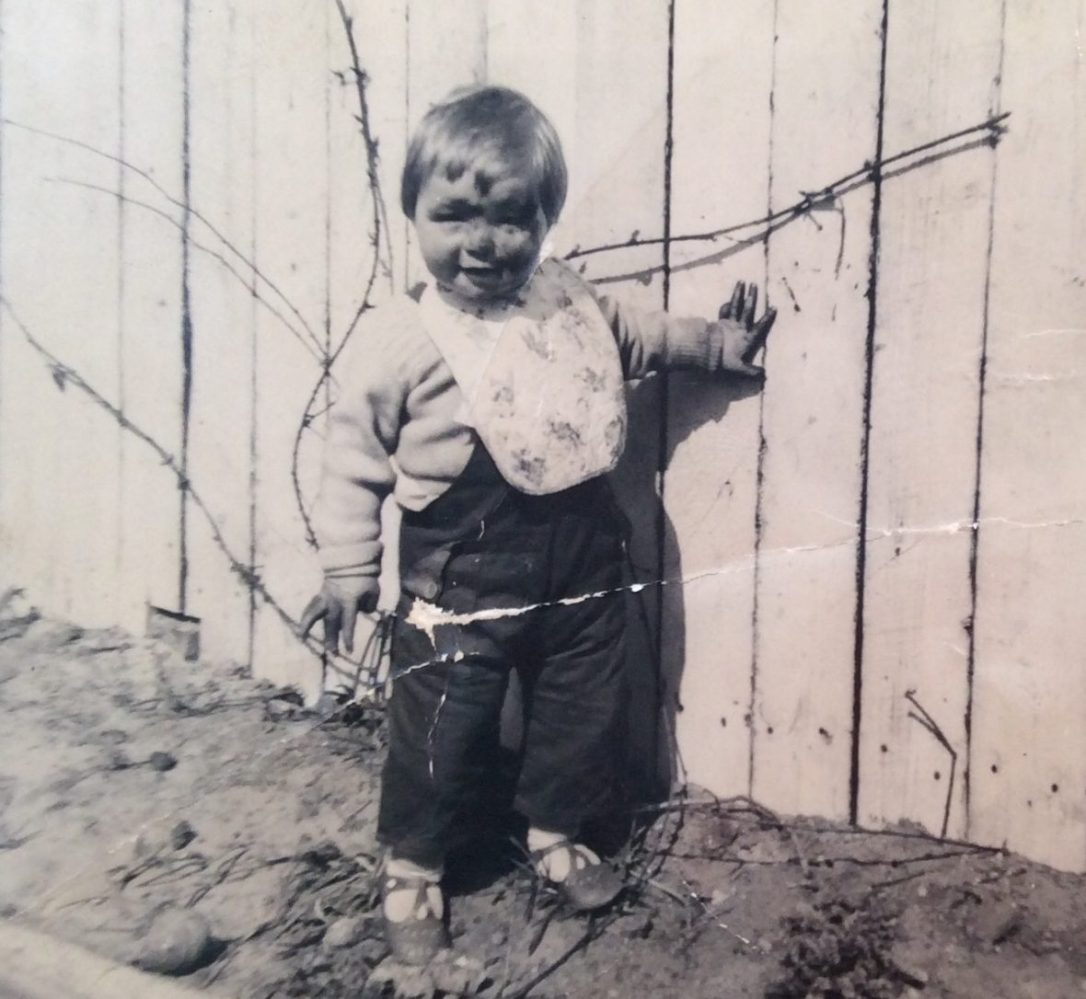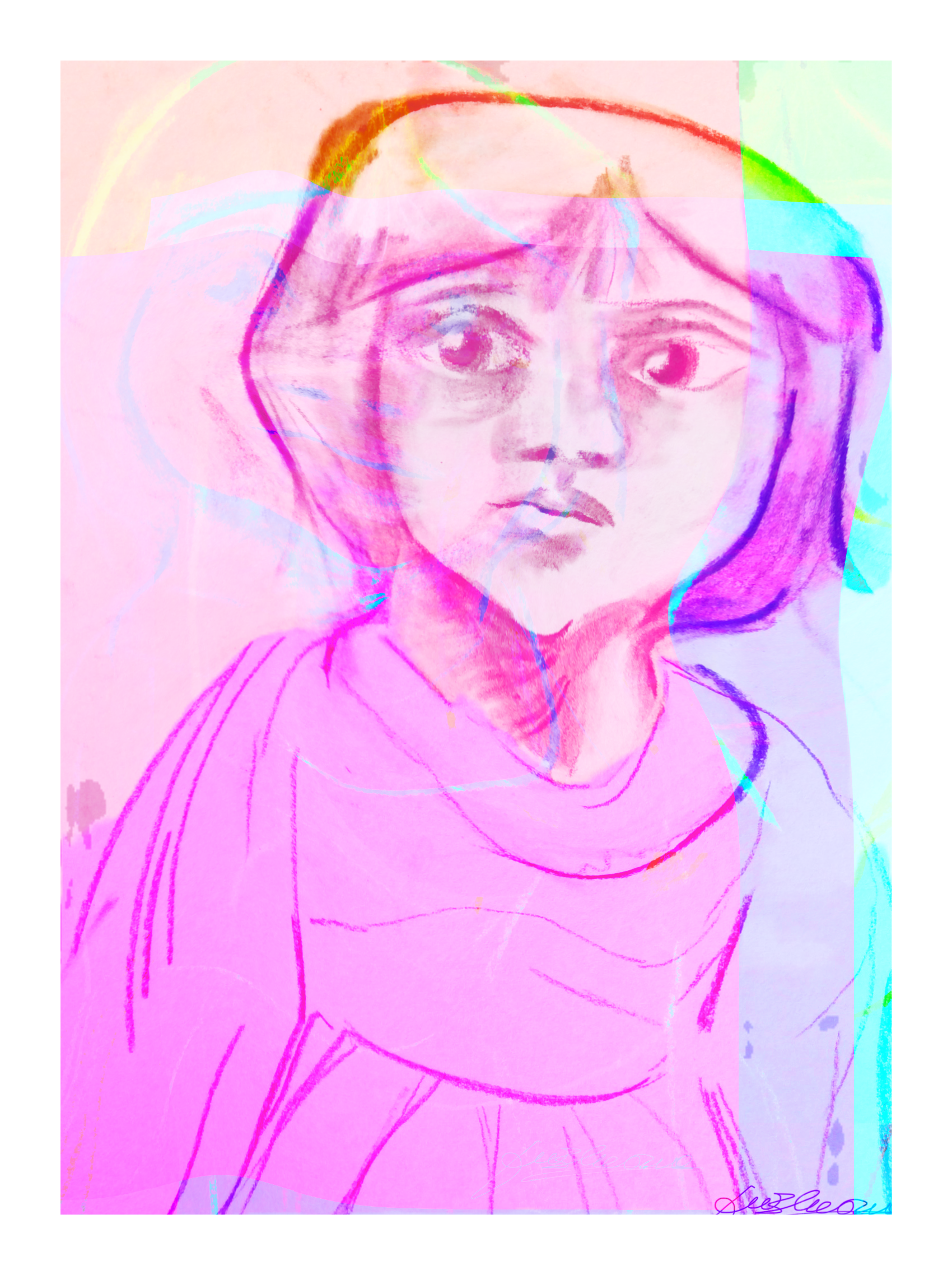
School Reports
January 1975 “ This girl is somewhat nervous” “Needs to try harder” “ Somewhat lacking in confidence, she must realise that she has the ability and must make every effort to exploit it to the full”
July 1975 “Capable of excellent work but refuses to concentrate” “More attention needed” “ Very disappointing, needs to concentrate”
January 1976 “ Is capable but makes no effort” “Better behaviour required in class” “Is inattentive” “Capable of Better” “Must not waste her ability”
July 1976 “ Has lost concentration” “Has lost interest” “Doesn’t work hard” “Seldom appears interested” “She must try or she will fail”
January 1977 “Makes no contribution” “Has withdrawn and made no progress” “Hampered by illness” “ Illness has left little time or room for concentration”
July 1977 “When present tries to catch up” “needs to be fired with more enthusiasm”
January 1978 “Progress marred by absence” “Absence makes progress impossible” “Works in a quiet way” “Handicapped by absence” “Room for improvement”
July 1978 “ Tries to catch up but let down by illness”
January 1979 “Often very lethargic” “Is not likely to pass exams” “Does not appear to have had any significant change in attitude” “Appears disinterested in life”
January 1980 “Takes no active part in lessons” “Limited interest but otherwise capable” “If she could avoid trying to solve the worlds problems and concentrate on her immediate future she may do better in life ”
Joint Matriculation Board General Certificate of Education -O Level Grade E Art
(course work sent in pupils absence due to hospitalisation)
Hospital report 1977 “This girl needs immediate admission as an inpatient due to social isolation”
Hospital report 1979 “Extremely shy introverted girl, inhibited in the expression of ordinary emotions”
Hospital report 1980 “It is likely that this patient will fail”
Mensa Report undertaken in hospital April 1980 “ The IQ test of this young girl marked and according to this exercise, intelligence quotient appears to be higher than 90% of the population on Cattell scale”
As a teenager I had been chastised at school for reading ‘Zen and the Art of Motorcycle Maintenance’ by Roger. M. Pirsig, in the back of a religious education class. My school report had read, ‘ would do much better if she concentrated on her work rather than on trying to solve the world’s problems’. Sure, I could see the sense in that; if only I had put my heart and soul into studying a potted history of the nail industry or perfected the art of saying ‘there’s a cat up the tree’ in French, my life may well have turned out a whole lot differently. Fact was, I was a kid who struggled with her social environment and the questions that I had needed answering were often obscure and magical and would often result in flippant responses and a threat of detention and ultimately to the gates of a mental hospital aged thirteen.
My life was spent virtually drawing around architraves, skirting boards and bevelled edged tables because that’s the only thing that made sense to me, it was ‘my normal’ and made the imbalance in my head level again. I never talked about my bevelled edges, there didn’t seem much point. I knew that it helped, far more than the medication, but they undertook psychological tests, concluded that I had a high IQ and advised that I join MENSA. Instead, I joined The International Songwriters Association was admitted to hospital and disappeared inside of myself, never to ask those questions again.
As a society we have historically judged a persons worth by their capacity to ‘fit in’, to ‘conform’, to ‘look like everybody else’, to think like our peers, to act like our peers, to develop like our peers, to aspire to be like our peers, to achieve academic excellence. Those who couldn’t were deemed as awkward or rebellious or non compliant or simply unteachable. Our questions too deep our reflections too obscure our demeanour eccentric and quirky and challenging and threatening of the status quo, we stirred people with our inability to rise to the social occasion, dress suitably, read appropriately, ‘concentrate properly’. In fact just about everything about ourselves created a problem, we were either too interested, not interested enough or simply unable to engage with a system which required more from us than we were able to afford. Our differences weren’t deemed as assets but as hindrances our perspectives on life not appreciated as possible or feasible or credible but as fanciful and no sooner had someone squeezed us tightly into their neatly ordered boxes did we burst out and flee either of our own volition or by invitation.
I grew up believing myself to be ‘odd’ and by default I was because I was the only kid in the school who had been repeatedly carted away to an adult psychiatric hospital where I had learned how to survive on my wits, buried my friends and absorbed the essence of life with dispossessed people before being repeatedly returned to a school where kids called me ‘mental maggie’ and I was chastised for staring out of the window wondering if space was really infinite rather than concentrating on a format of reading a book about salt mines and answering questions on it in the absence of any teachers.
I understand that back in the 1970’s things were inevitably different. I am able to accept that people like me were misunderstood and dare I say therefore let down by the systems that held us and we all know now how the lack of safeguards have resulted in the most heinous of crimes against vulnerable people unable to defend themselves. That’s why I spent the crucial years of my career in social work, because I felt it. If anyone asks me about my own story today I can say with a deal of forgiveness therefore that that was the seventies, things like that don’t happen now, we have moved on, we have learned from the past, we are wiser, kinder, fairer, safer, stronger as a result.
I hang my head in shame when I learn of children who in 2019 are unable to access education because of their differences, their uniqueness, their authentic, beautiful minds. Those who, whilst challenged by systems and restrictions are cut adrift from their peers and their youth and their right to question and learn and grow, instead blamed for a lack of self control rather than embraced for being themselves, told that they are failing.
Qualifications as an adult
• Fellow of HEA (Fellowship of Higher Education Academy)
• PGCert Ed Post Graduate Certificate in Higher Education Teaching
• Post Qualifying Practice Teaching Award
• B.A. 1st Class (Hons) Social Work
• Post Qualifying Award in Social Work
• M.A. Social Work
• B.A. 1st Class(Hons) Fine Art
In February 2019 at Lorna Wing Centre for Autism National Autistic Society I received the most validating report of my entire life. “Ju clearly presents with an Autism Spectrum Disorder” recently described by my own GP as “long overdue”. The chaos of those early years makes sense now and I have been able to grieve for them properly. It has take 56 years for me to be told why life was so difficult but I have the joy of knowing now, I can live for the remainder of my life as myself, wiser for it as the creative artist I was always meant to be. But that was the 1970’s, surely things like that don’t happen now?
I have a list of qualifications that I went on to achieve in spite of the early forecasts and I humbly hold those as reminders that whilst academia is not the most valuable of things in life these are symbols of hope now. I think the most poignant thing for me to share is that my over riding memory of learning is not as an adult ploughing through every waking hour studying in order to prove my worth but in the words and phrases and actions of early education that sent the message that I wasn’t likely to achieve anything, ever, because I was the wrong shape for the educational system available to me. If we send these messages to our children now they will remember and quote us in the future just as I have in mine.
I don’t pretend to know why we are still failing autistic children in 2019 but I do know from first hand experience what it feels like to have been that child and my heart breaks for the young people who will one day become adults and ask of us all; “How did this happen?”
With Love,
Ju x













Hey ju, me and a few other students of yours recently read your blog on community care. I can totally say that the
Sorry we didn’t see any signs but we are so glad that you are in a different journey now.
You are right that you were the class clown and always put a smile on our faces! Every single lecture, you were the reason some of us actually made it! You were a great role model and always saw the funny side to everything.
One thing I’ve learnt in 3 and a half years of being a child protection social worker is sometimes we are just as vulnerable and if not more to issues such as mental health. We see trauma every day in work and sometimes we need a break.
I just wanted to send you and your wife some love and hope the best for your future.
Class of 2016- Katie Watson!
LikeLike
Hi Katie, I was so proud to hear of the career you have pursued and so deeply moved that you have taken the time to write such a kind and restorative message to me. Thank you so much and please remember me to any other students who you are in contact with. Look after yourselves and one another, Ju x
LikeLike